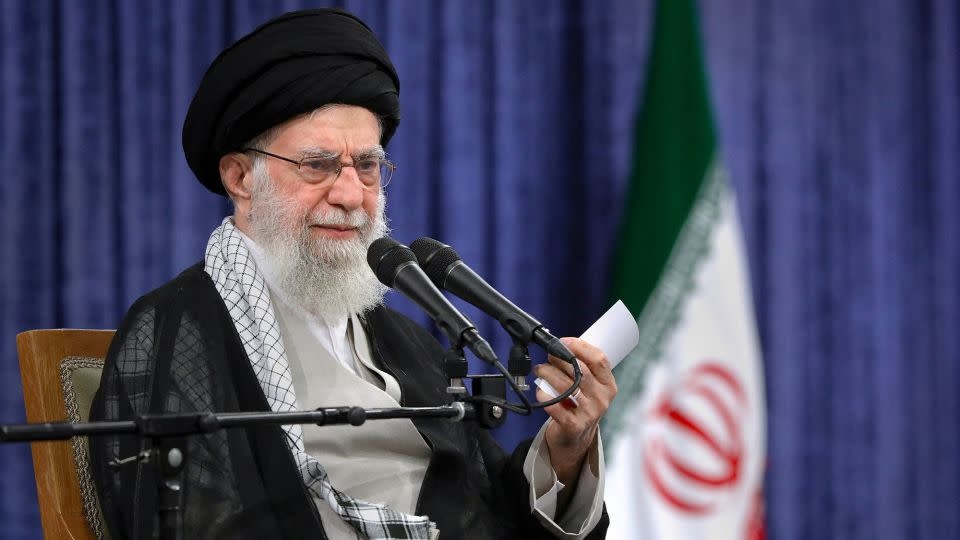Tensions in the Middle East are boiling over as Iran issued its most direct warning yet to U.S. President Donald Trump, calling him a “gambler” and vowing to end the war after U.S. forces joined Israel in a devastating series of strikes on Iranian nuclear sites.
“Mr. Trump, the gambler—you may start this war, but we will be the ones to end it,”
— Ebrahim Zolfaqari, spokesperson for Iran’s military command, in a fiery English-language video.
On Sunday, President Trump ordered the deployment of bunker-buster bombs targeting Iran’s Fordow nuclear facility, reportedly obliterating uranium-enriching centrifuges buried deep underground.
“Bullseye!!! Monumental damage was done,” Trump wrote on social media, claiming the “biggest damage took place far below ground level.”
While the U.S. insists the operation aimed only to destroy Iran’s nuclear capabilities, Trump’s online posts hinted at a broader ambition.
“If the current Iranian Regime is unable to MAKE IRAN GREAT AGAIN, why wouldn’t there be a Regime change??? MIGA!!!” he posted.
Iran’s parliament has now approved a measure to shut down the Strait of Hormuz—the world’s most vital oil corridor, responsible for nearly 20% of global crude shipments.
The final decision rests with Iran’s Supreme National Security Council, chaired by a key ally of Supreme Leader Ayatollah Ali Khamenei.
“Attempting to strangle the strait would be economic suicide for them,” warned U.S. Secretary of State Marco Rubio, “and we retain options to deal with that.”
Brent crude oil spiked briefly above $80 per barrel before settling at $76.64, as investors weighed the potential fallout.
Analysts say even the threat of interference could spike prices to crisis levels.
Despite a wave of Iranian missile strikes on Israel—killing 24 civilians and injuring hundreds—Tehran has yet to strike directly at U.S. assets, a move that could trigger a wider regional war.
On Monday, 20 Israeli jets bombed military targets in Tehran and western Iran, including radar systems, surface-to-air missile launchers, and infrastructure near Kermanshah and Parchin.
Iran claims over 400 deaths from Israeli airstrikes, mostly civilians.
In Tehran, millions have fled, seeking shelter in the countryside amid fears of further bombardment.
Despite the growing toll, Iran has been slow to release images or data, adding to speculation and anxiety.
As the geopolitical chessboard shifts, Iran’s Foreign Minister Abbas Araqchi is in Moscow for urgent talks with President Vladimir Putin.
Russia maintains deep military ties with Iran, but also a strategic partnership with Israel, making Moscow a key swing player.
Araqchi signaled a total freeze in diplomacy until “just retaliation” is carried out.
According to TASS, Iran and Russia are now “coordinating positions” closely.
Iran’s regional power is weakening. With Hezbollah routed in Lebanon and Syria’s Assad overthrown, analysts warn that Tehran’s ability to project power through proxies is severely diminished.
That leaves Iran with one card left: the global oil market.
“If Iran moves to close the Strait of Hormuz, the world economy won’t just feel a tremor—it’ll face an earthquake,” said a senior EU official.




